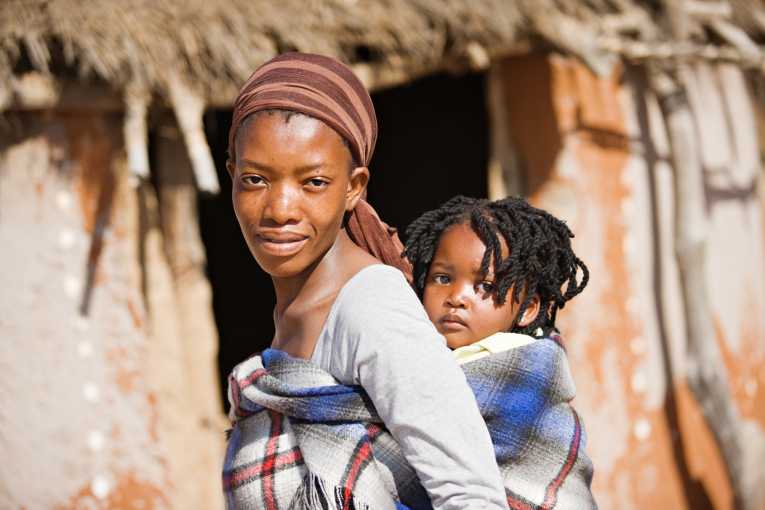A new project, aimed at promoting government transparency and people access to information through an environmental perspective, has been recently launched in Ghana, Uganda and South Africa. The project, entitled 'The Access to Information in Africa: Transparency Models and Lessons Learned' (ATI in Africa), is coordinated by the World Resources Institute (WRI) in partnership with the Centre for Democratic Development (CDD) in Ghana, Greenwatch in Uganda and the Open Democracy Advice Centre (ODAC) in South Africa.
In fall 2010, Liberia was the first West African country to enact a Freedom of Information Act. Nigeria followed suit more recently when the Nigerian House of Representative and subsequently the senate passed a Freedom of Information Bill. A ''harmonization conference committee'' has now been appointed to resolve the differences between the Senate and House bills.
In the past, a plethora of laws which prevents civil servants from divulging official facts and figures were passed in Nigeria, probably making the country one of the most secretive nations. Most notably, the Official Secrets Act makes it an offence not only for civil servants to give out government information but also for anyone to receive or reproduce such information. The feat of this achievement, in Nigeria, is indeed not to be underestimated, as proven by the efforts put in by several non-governmental organisations (NGOs) throughout the years.
A quick look at the Corruption Perception Index (CPI) in the mentioned countries reveals different patterns. Nigeria and Uganda currently lie in the lower half of the rankings, and classify as 134th and 127th respectively. Ghana, Liberia and South Africa lie in the upper half of the table. The CPI has been published annually, since 1995, by Transparency International. It orders the countries of the world according to the degree to which corruption is perceived to exist among public officials and politicians.
Leaked cables from the whistle-blowing website, Wikileaks, have exposed several secretive oil deals. It appears from a leaked cable that two Ugandan ministers were compensated to push for a bid by the oil giant ENI, while in Nigeria oil giant Shell reportedly has a powerful grip on local politics with ''people to all the relevant ministries and … consequently had access to everything that was being done in those ministries''. However, these allegations have been subsequently denied by both Shell and ENI, with the latter describing the story as a ''ploy to destroy its credibility''.
ATI in Africa will work with local partners on the ground in Ghana, Uganda and South Africa and it aims to ''explore new opportunities that lie in environmental and natural resource laws to advance people’s rights of access to information, including government-held information on land, oil, natural gas minerals, forests and water'', says Peter Veit, a senior associate at WRI, and the director of the ATI in Africa project.
The project aims at enhancing transparency infrastructure, which provides multiple avenues for citizens' access to government-held information as these are likely to be more robust and secure. The project is supported principally with funding from the International Development Research Centre (IDRC) in Canada as well as Irish Aid, Dutch Ministry of Foreign Affairs, Swedish International Development Cooperation Agency, and World Bank Development Grant Facility.










